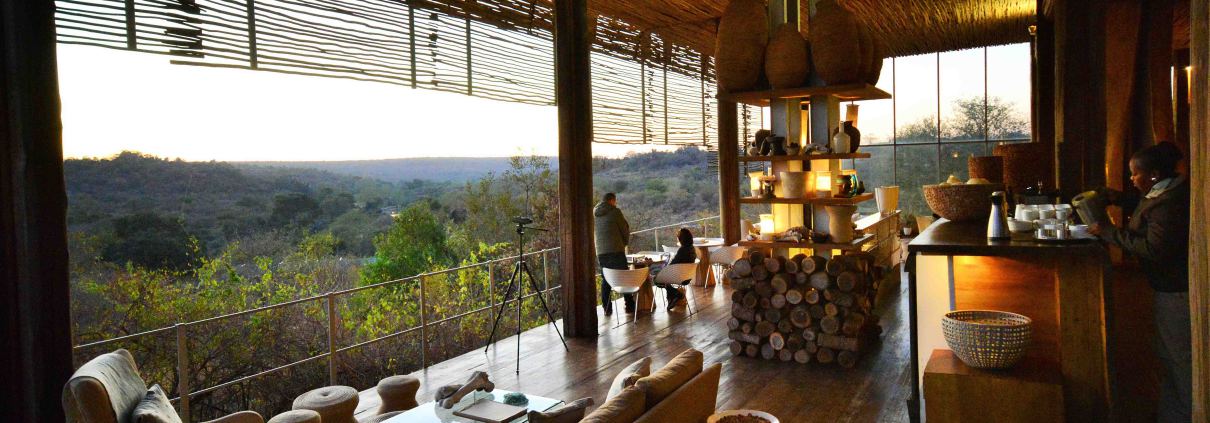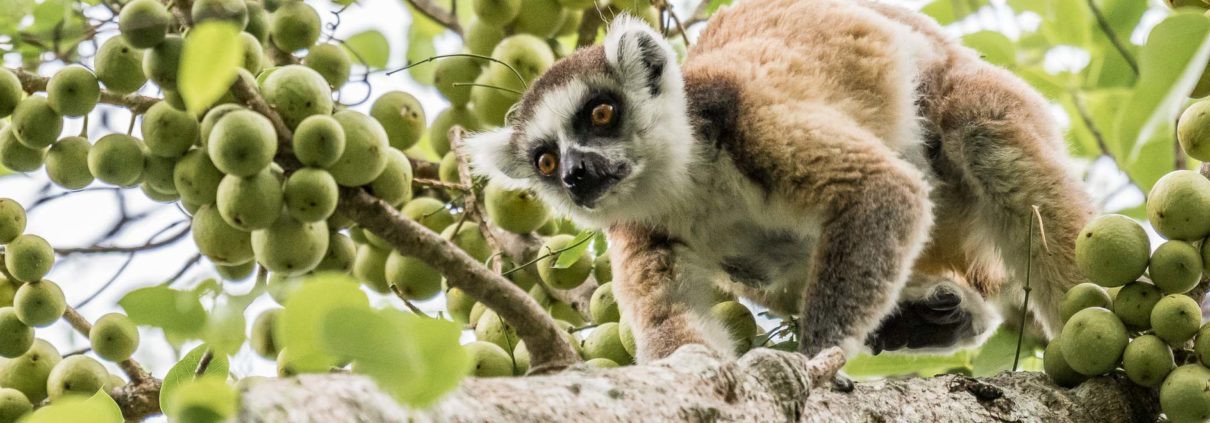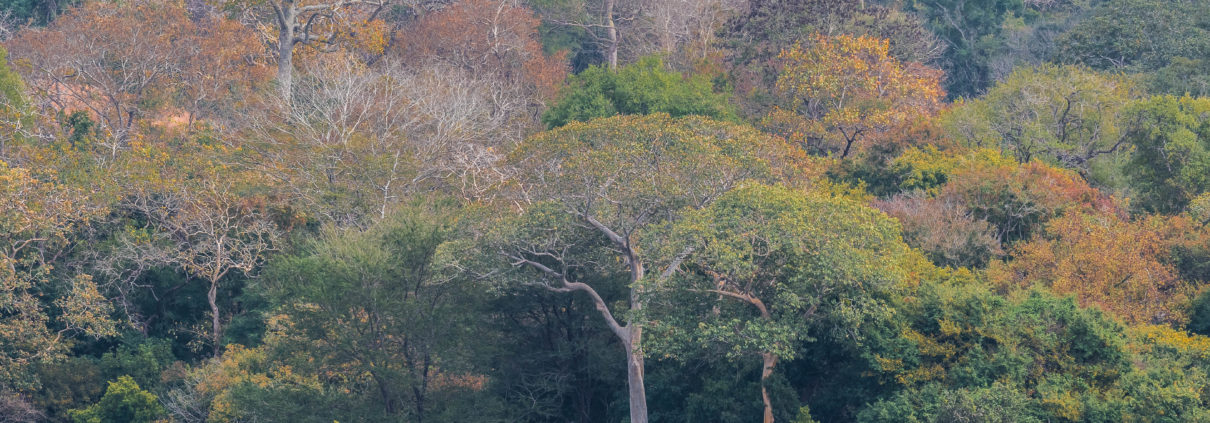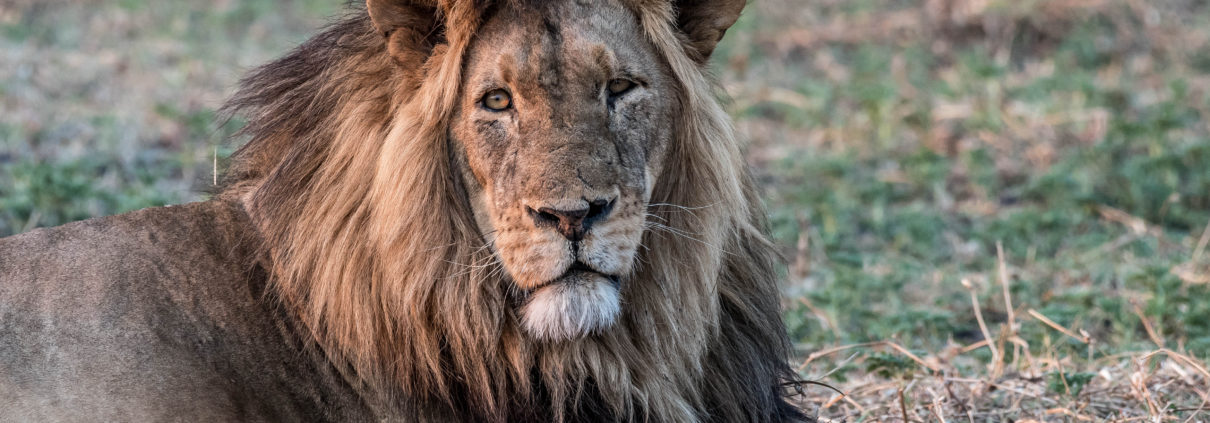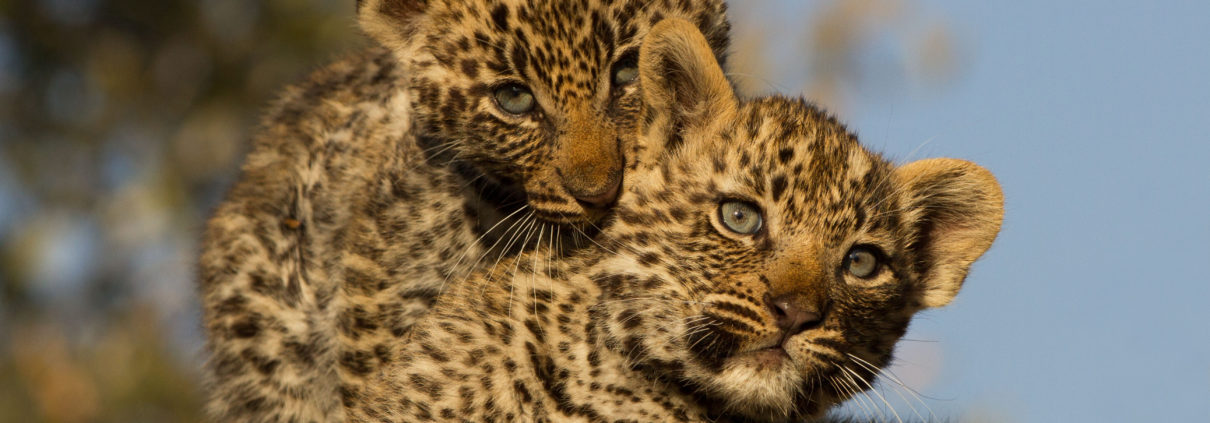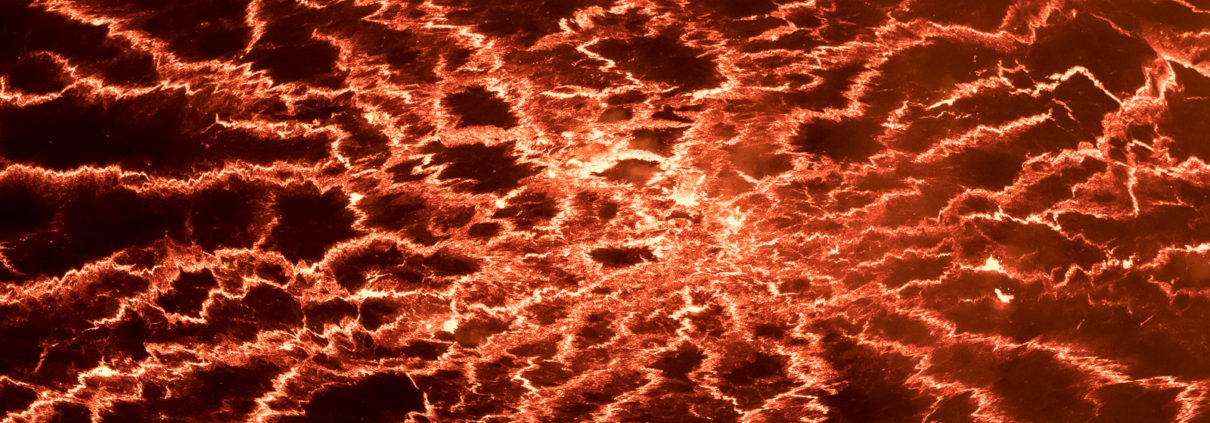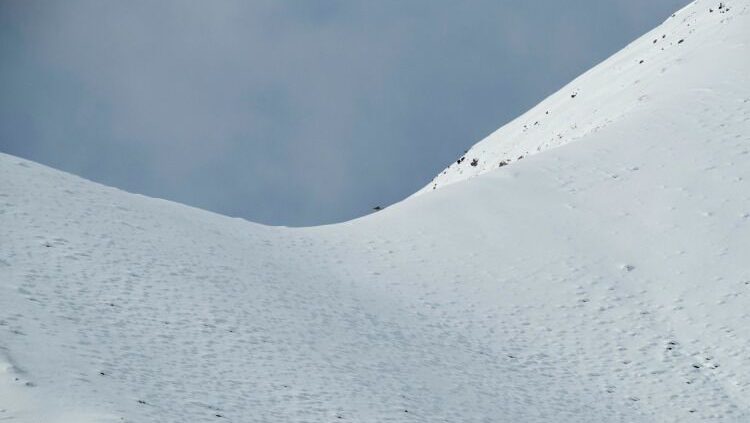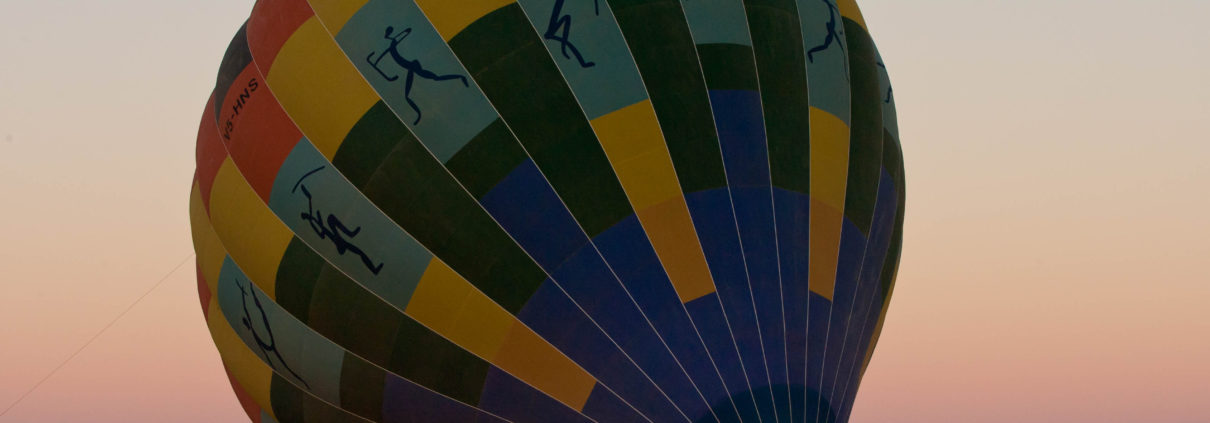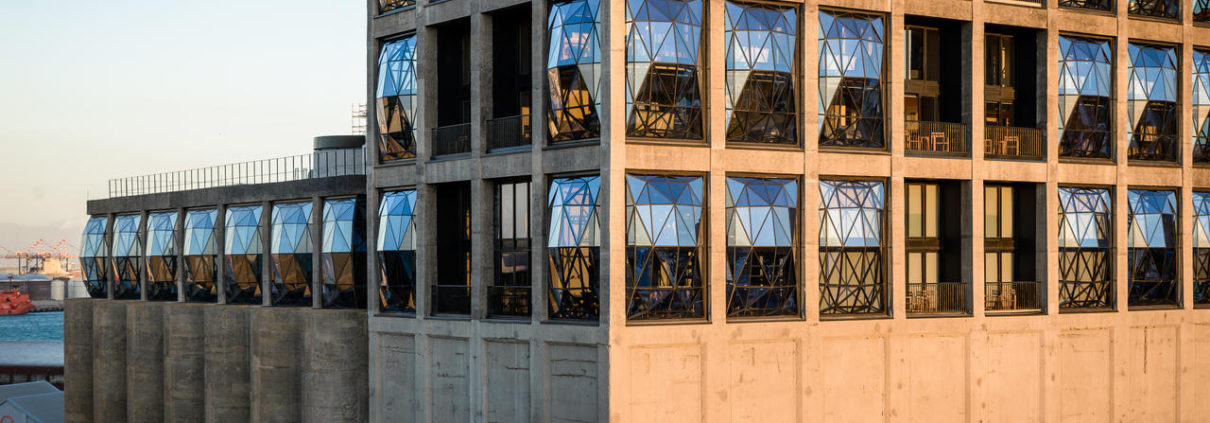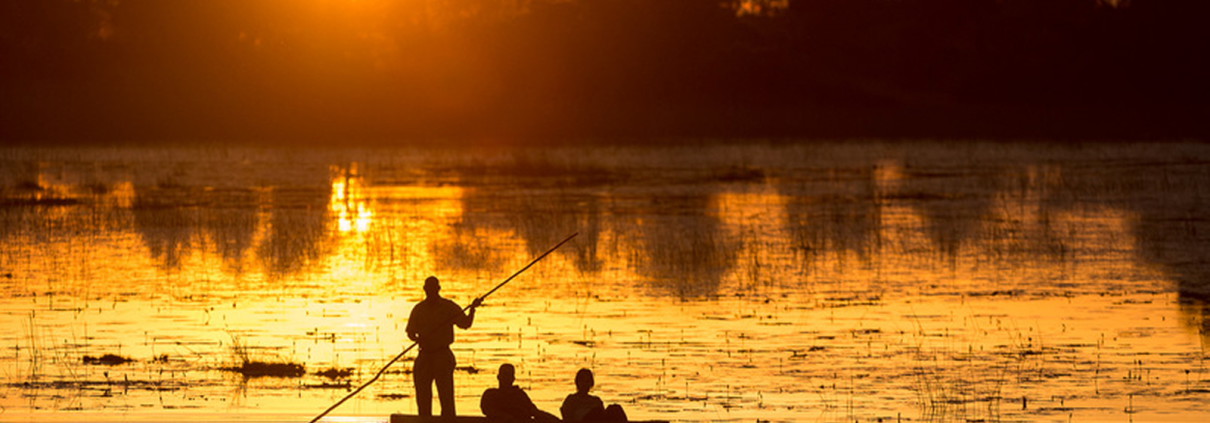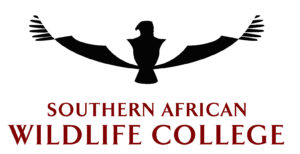Keeping up with the Kruger
Best honeymoon hotels in Cape Town Part 2
Beautiful Busanga on the rise…
DRC – a revealing journey to the Congo
Custom
This is post
Brilliant Botswana – the Okavango Delta delivers…
More about Zulu…
Zulu is a golden retriever growing up street wise and sassy in the leafy suburbs of Johannesburg. Whilst much of his day is spent chewing on various items of clothing and furniture, Zulu likes nothing more than a good socialization session down at the local park. Despite his name conjuring up images of a brave warrior, Zulu is a bit of a softy and enjoys a decent tummy tickle and likes to sleep on Gavin’s head. He is also head of Mammoth Security and has sent many a squirrel – tail between legs – rushing away from HQ. The size of a lion, this gentle giant keeps the Mammoth Johannesburg team in check.
Panthera
Panthera Wild Cat Conservation
Panthera is the only organization in the world that is devoted exclusively to the conservation of the world’s 38 wild cat species and their ecosystems.
Utilizing the expertise of the world’s premier cat biologists, Panthera develops and implements global strategies for the most imperiled large cats: tigers, lions, jaguars, snow leopards, cheetahs, pumas, and leopards.
Representing the most comprehensive effort of its kind, Panthera partners with local and international NGOs, scientific institutions, local communities, governments around the globe, and citizens who want to help ensure a future for wild cats.
Panthera’s grants program, the Small Cat Action Fund (SCAF), additionally supports conservation and research initiatives on many of the 31 smaller wild cat species around the globe.
Southern African Wildlife College
The Southern African Wildlife College (SAWC) was conceptualized in 1993 and established in 1996 by the World Wide Fund for Nature, South Africa (WWF South Africa) in close cooperation with interested and affected parties in southern Africa, including national and provincial government departments, other conservation agencies and the Southern African Development Community (SADC).
Since its inception, and with the support of WWF-SA and Peace Parks Foundation, the College has trained over 14,000 people from 46 countries, but mostly from countries in the SADC region, in natural resource management and conservation practices. By expanding its reach and becoming involved in training ventures and projects off-site, the College has also capacity-built over 2000 previously disadvantaged South Africans.
Through conservation education, training and skills development, the Southern African Wildlife College seeks to give protected area managers the motivation and skills they need to become partners in saving our continent’s natural heritage. All training comprises theory as well as practical skills and has been developed in close collaboration with conservation agencies and, where relevant, community participation.
The College also works closely with various qualification authorities and other training institutions to ensure that the students have maximum flexibility of career path. As an accredited HET and FET training institute, the College has aligned its curricula with the standards of the South African Qualification Authority (SAQA) and the National Qualifications Framework to ensure both national and international recognition.
By providing the high standards of professional and technical training that allows natural resource managers to manage their areas within the stated conservation objectives in cooperation with local communities, the College and its donors are helping to ensure that our natural resources are managed in an equitable and sustainable manner. In so doing, they also impact the role that conservation is playing in job creation and poverty alleviation in and around our wildlife reserves.
Mammoth Safaris is currently in the throes of exploring how best we can partner with the SAWC going forward, with our interest in guide training and wilderness conservation being paramount in our strategic thinking.
Disclaimer
Contact Mammoth Safaris
+27 78 152 9479
Mardale Farm
No.35 Viljoenshoop Rd
Elgin, Western Cape, South Africa
Secure Payments via:

Insurance provided by:


